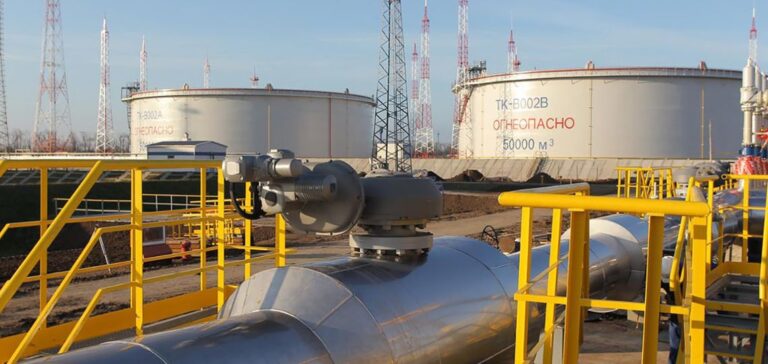On February 17, 2025, the Caspian Pipeline Consortium (CPC), which transports approximately 80% of Kazakhstan’s oil exports via Russia, was struck by a drone attack involving seven drones. The attack targeted a pumping station located in Kropotkinskaya, in the Krasnodar region of southern Russia. This incident has raised concerns about the stability of Kazakhstan’s oil supply, with potential repercussions for global markets.
The CPC is co-owned by several foreign investors and transports 1.5 million barrels of oil per day. Following the attack, Russian officials estimated that oil flows could be reduced by 30 to 40%, an impact that could last for several months. Repairing the damaged station proves complex, requiring specialized equipment, much of which is subject to restrictions due to international sanctions.
Vladimir Putin has urged Kazakhstan’s foreign partners, including companies like Chevron, to supply the necessary equipment to repair the pumping station. He emphasized that despite Western sanctions, these companies must facilitate the delivery of essential materials to restore the pipeline’s operations. Among the required equipment are damaged gas turbines, electrical systems, and fire prevention devices.
Geopolitical and Economic Context
Kazakhstan, which is heavily reliant on Russia for its oil exports, is faced with a geopolitical dilemma. However, Kazakh authorities have sought to downplay the immediate impact of the attack on exports, stating that crude oil continues to be shipped, with flows being redirected to alternative routes. This may limit the immediate impact of the crisis on the region’s oil supply.
The attack also occurred in a tense geopolitical context. Some analysts suggest that the act may have been a response from Ukrainian authorities to US diplomatic efforts aimed at ending the conflict in Ukraine. However, this hypothesis remains unconfirmed and is subject to speculation. Regardless, the attack highlights the vulnerability of global energy infrastructure, particularly those connecting the Caspian Sea to global markets.
Consequences on Global Oil Markets
The attack on the CPC immediately caused a slight increase in oil prices. Brent crude rose in response to concerns about the stability of Kazakhstan’s oil supply. Experts estimate that the reduced flows could lead to upward pressure on prices in the short term, particularly for oil grades from the Caspian Sea. The impact on markets could persist if the situation is not resolved swiftly.
The Tengiz oil field, operated by Chevron, is also expected to play a key role in market dynamics. With planned expansion and expected reductions in production costs, Kazakh oil could become even more strategic, potentially driving increased demand for this product globally.






















